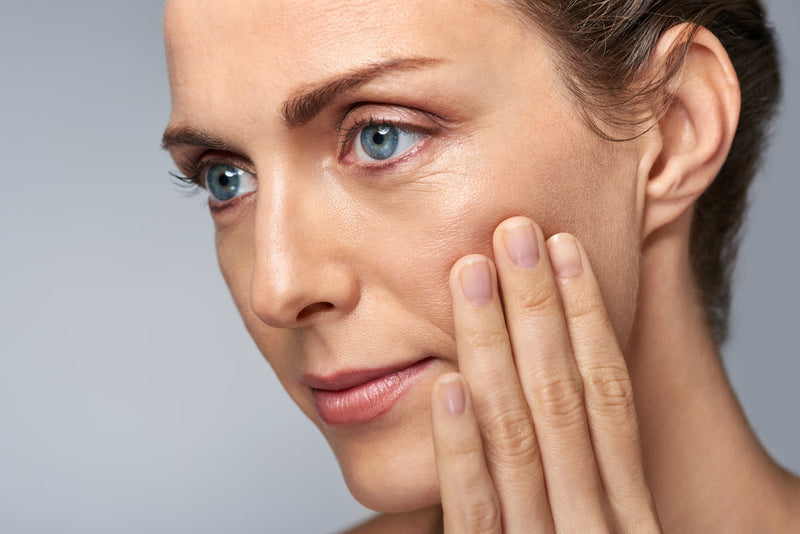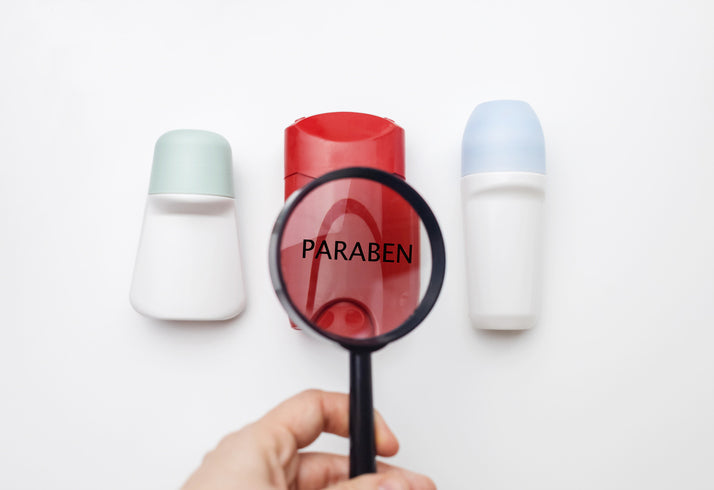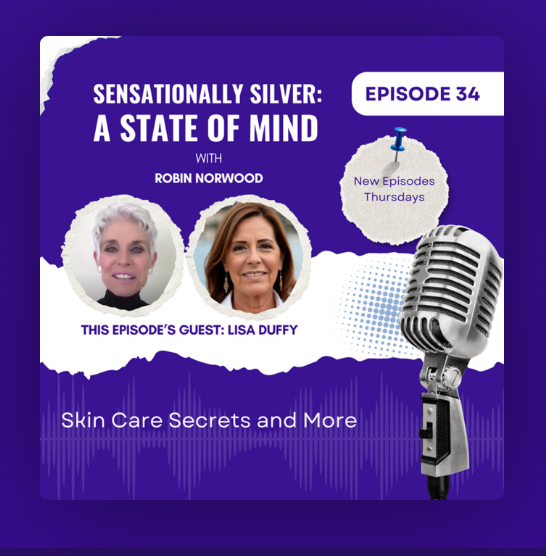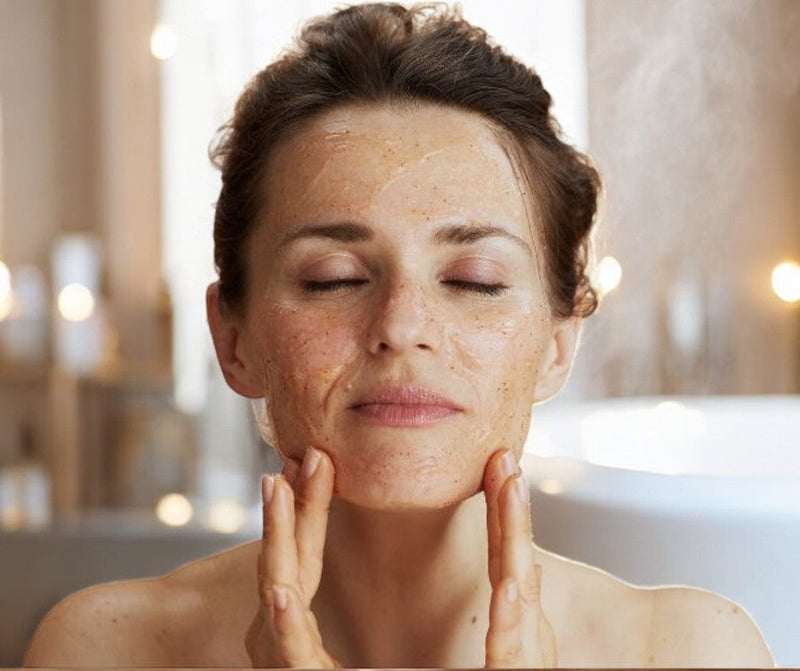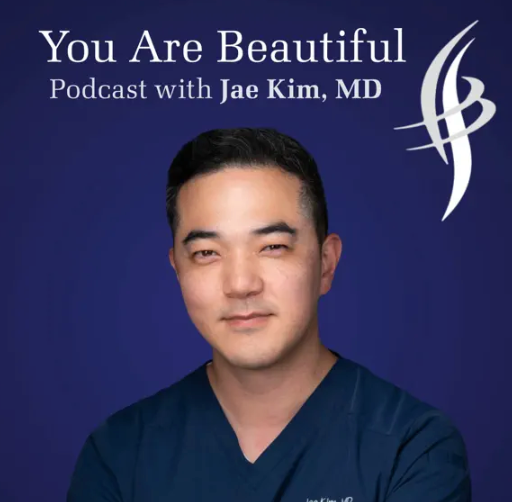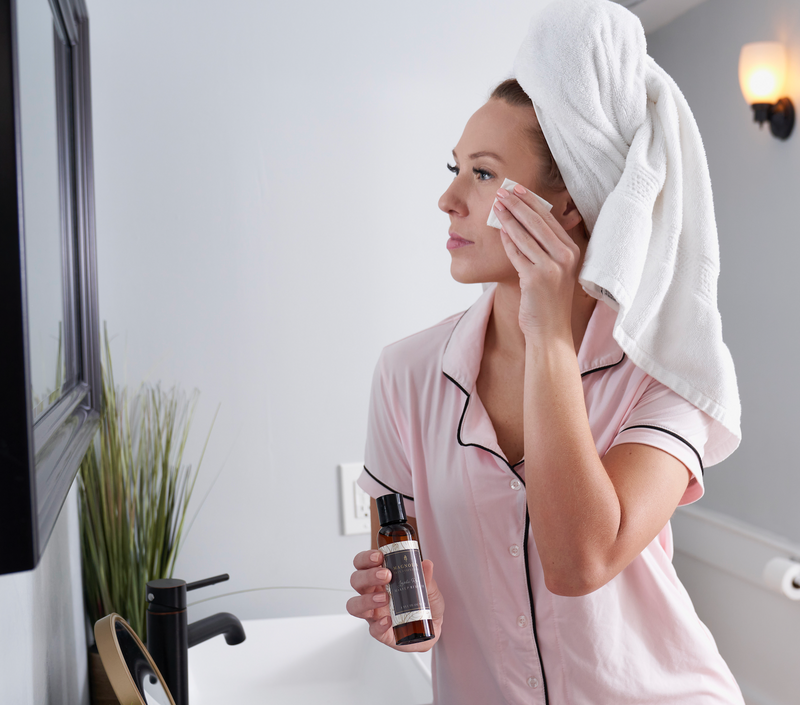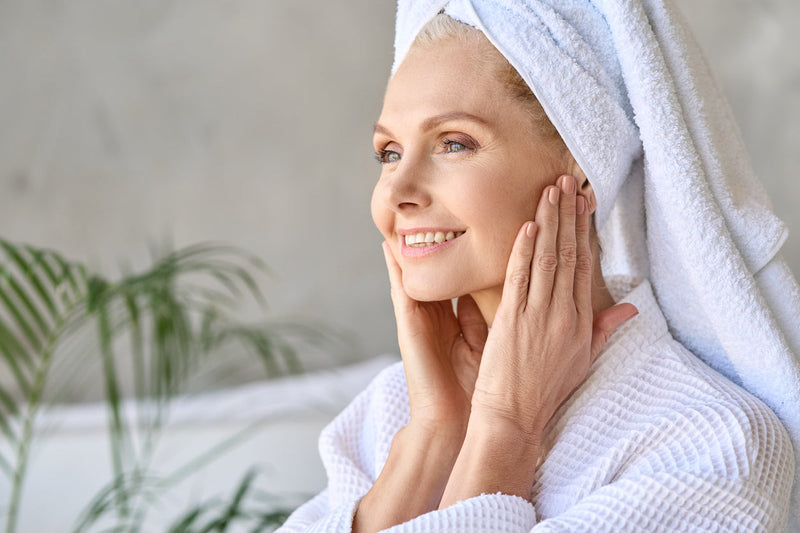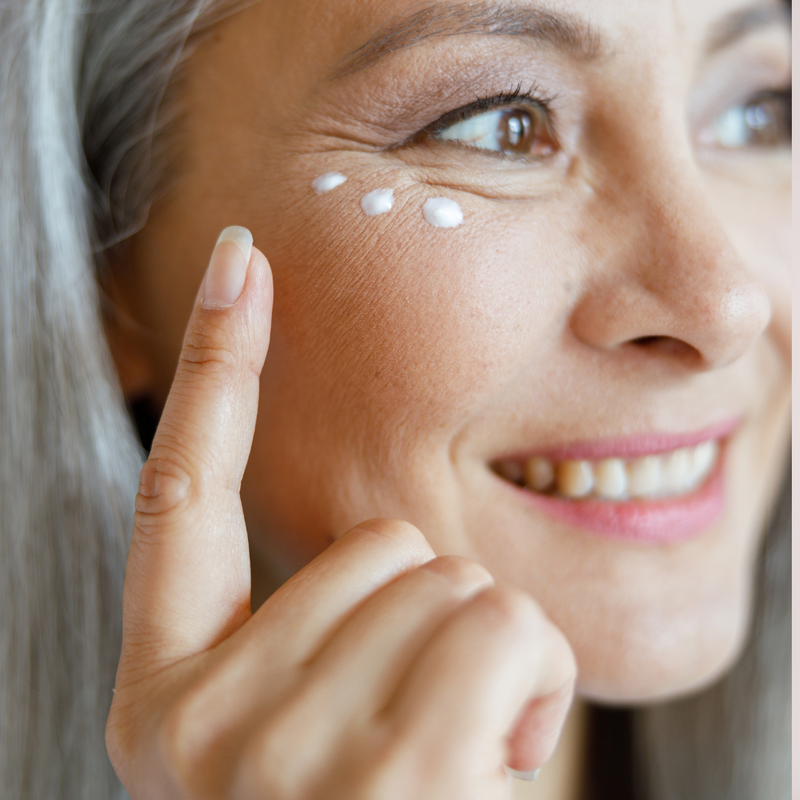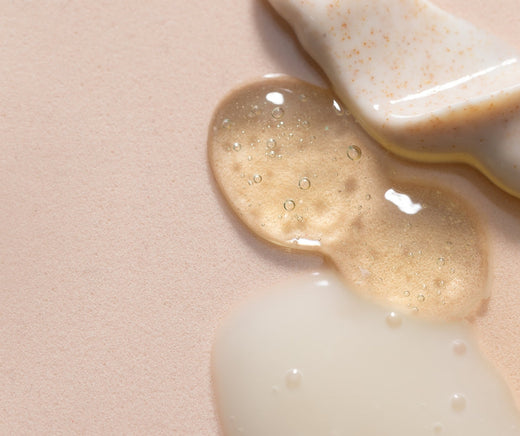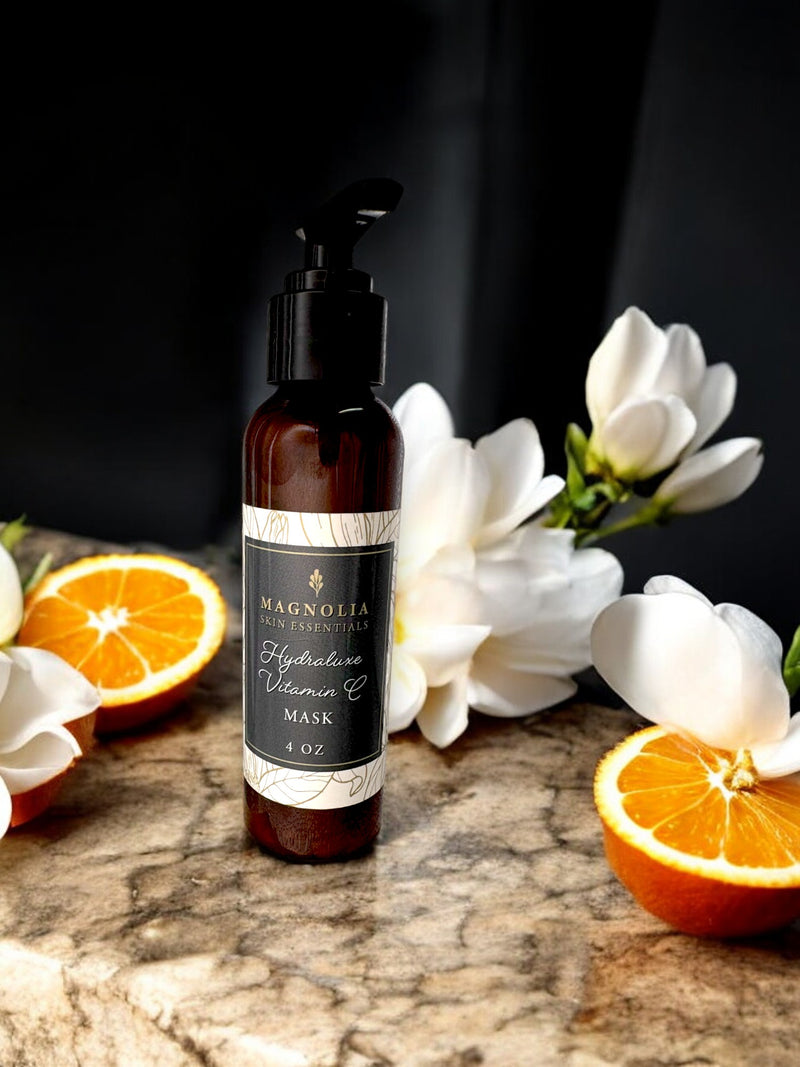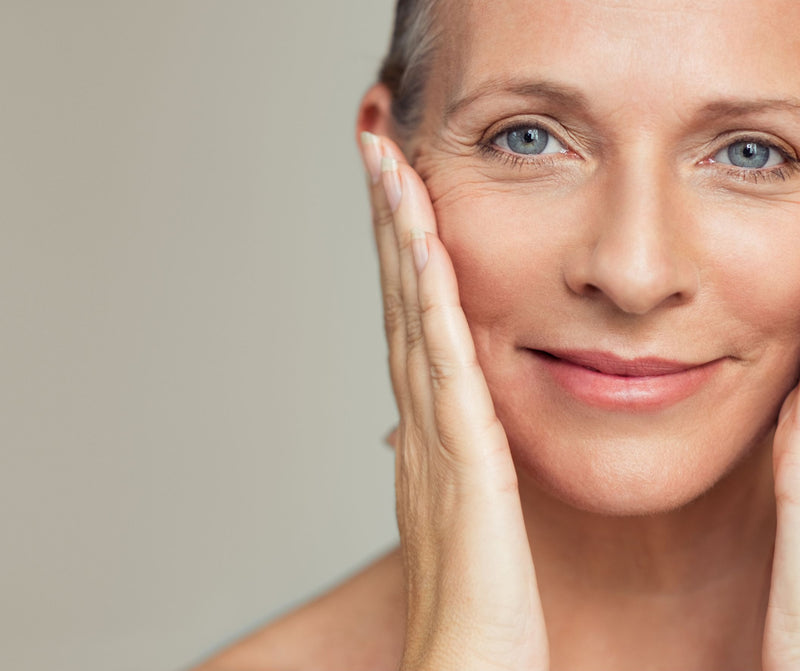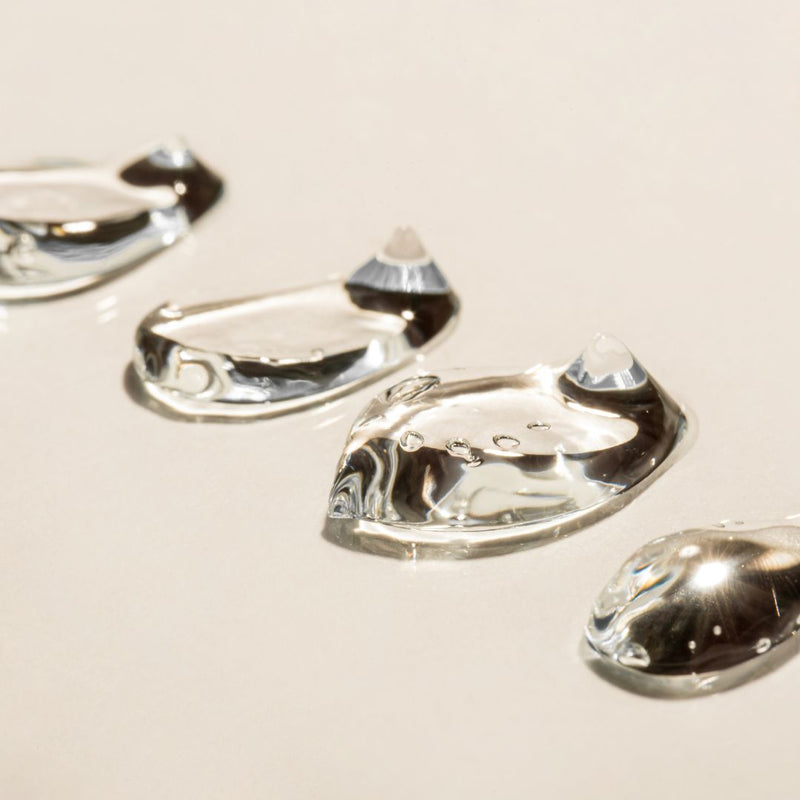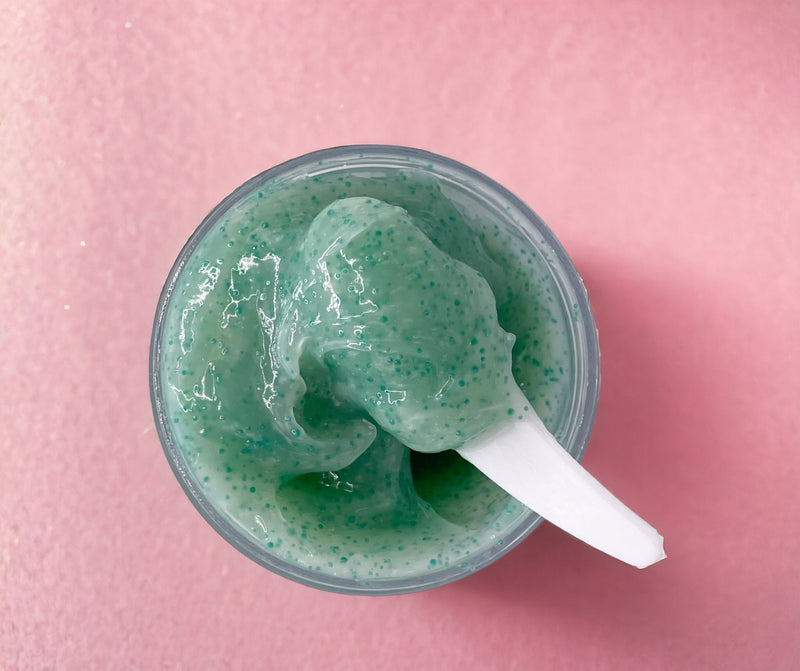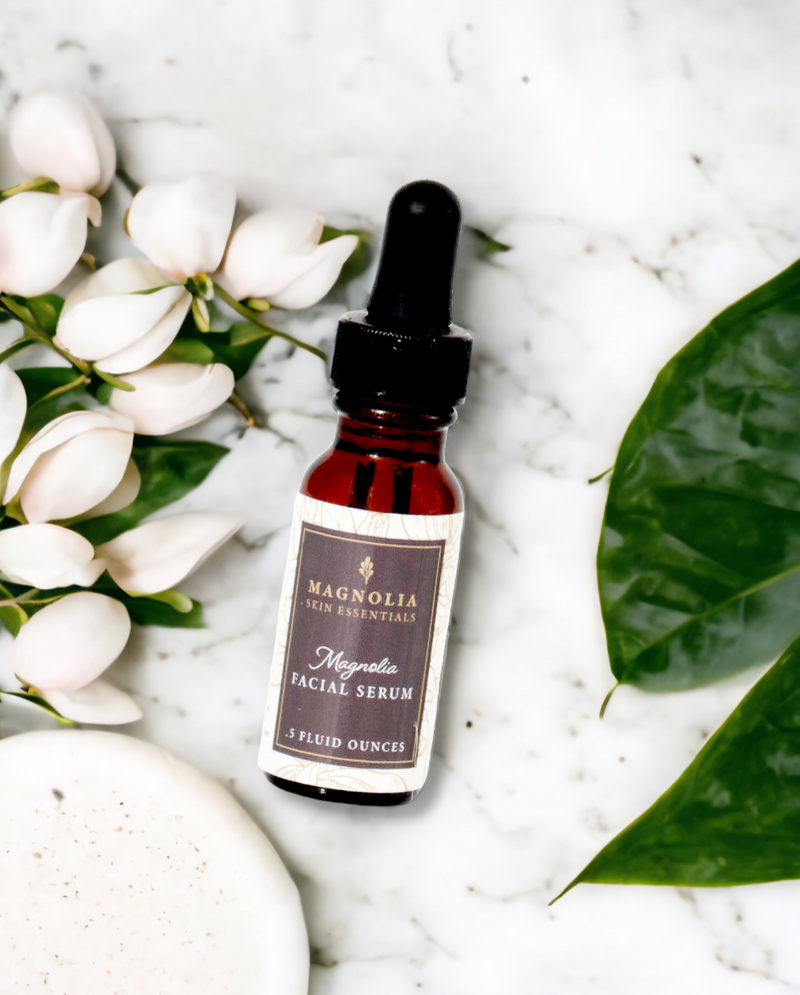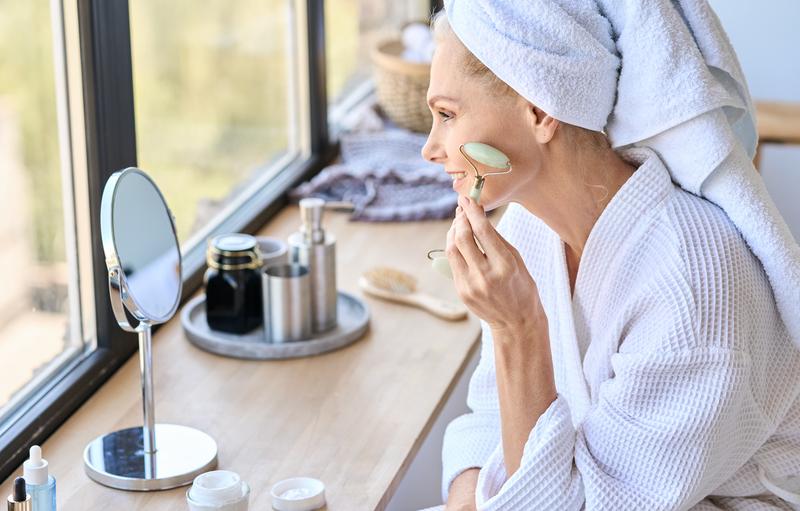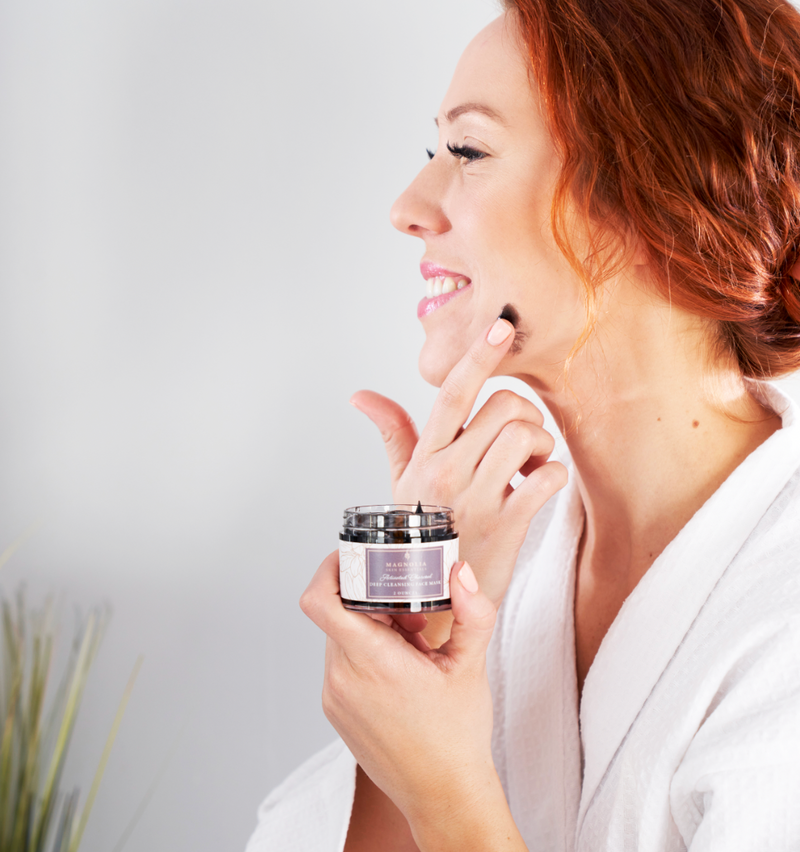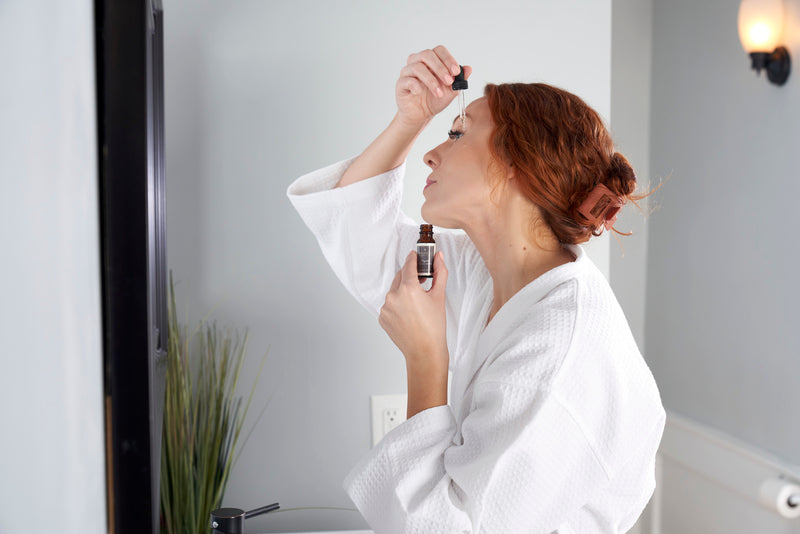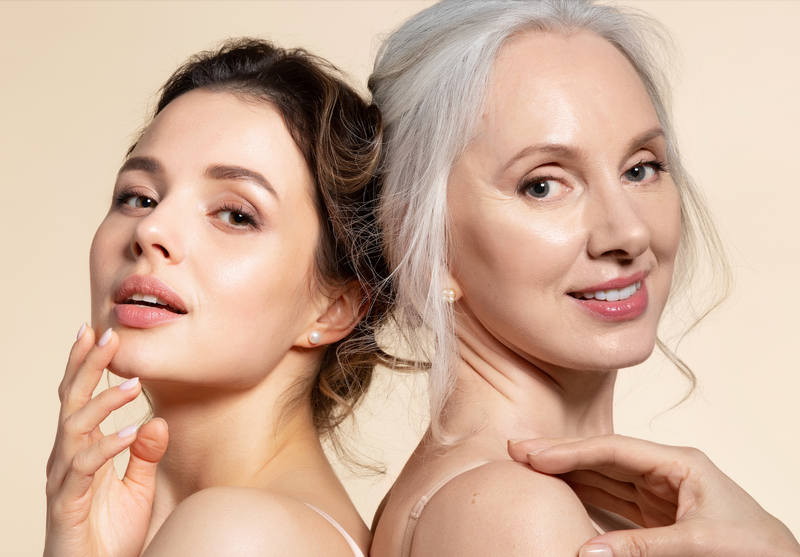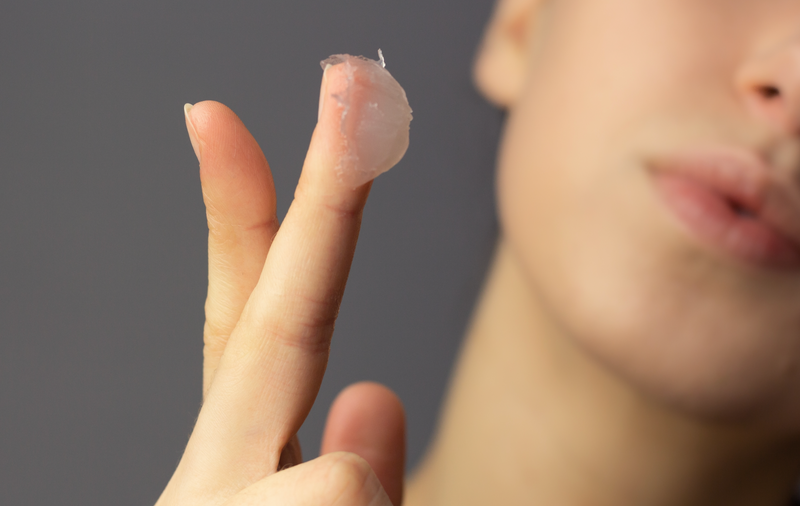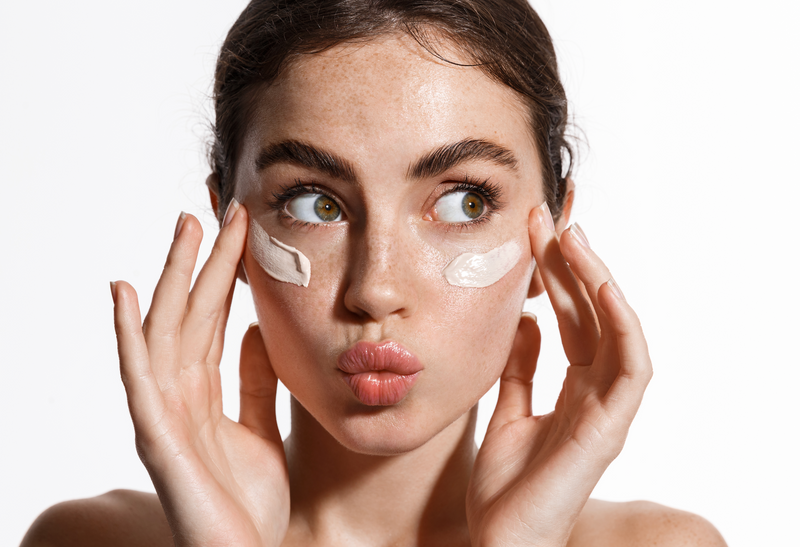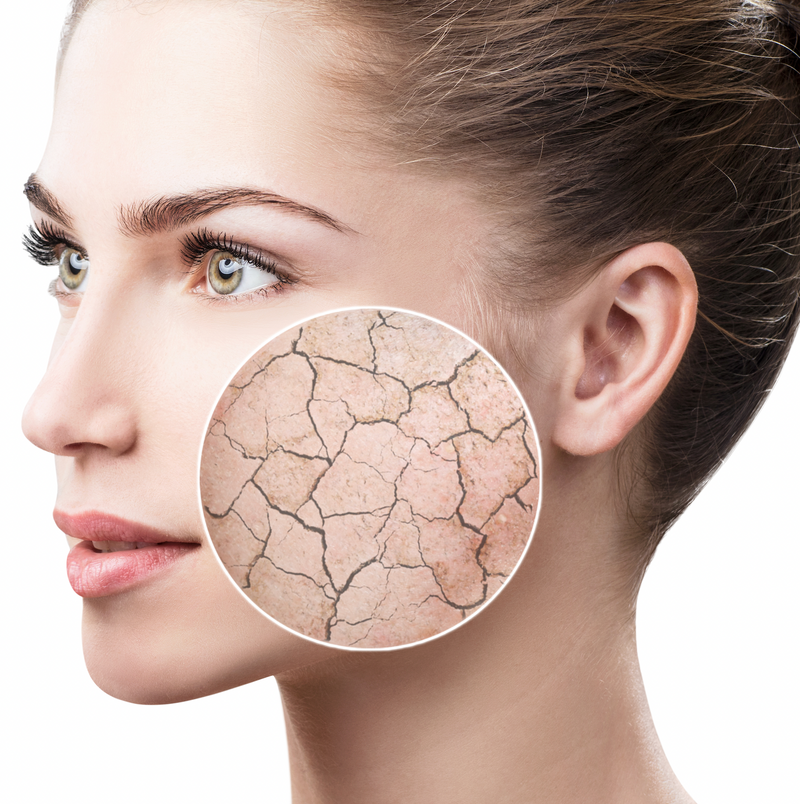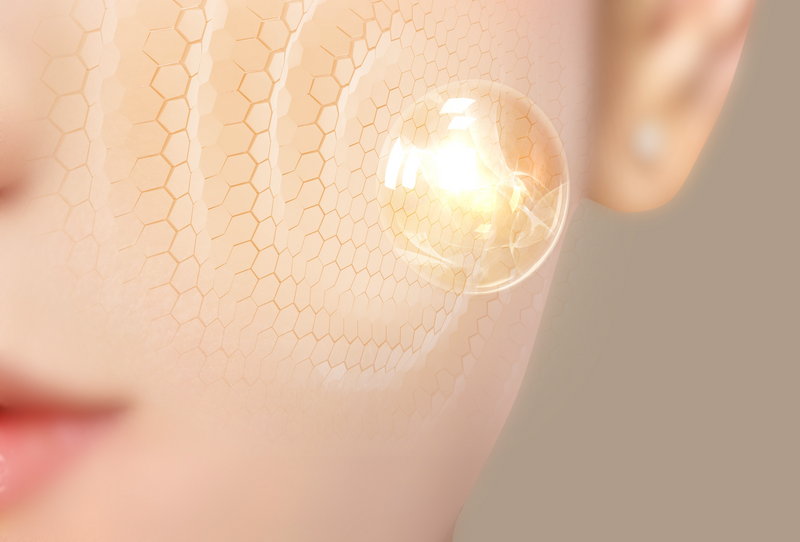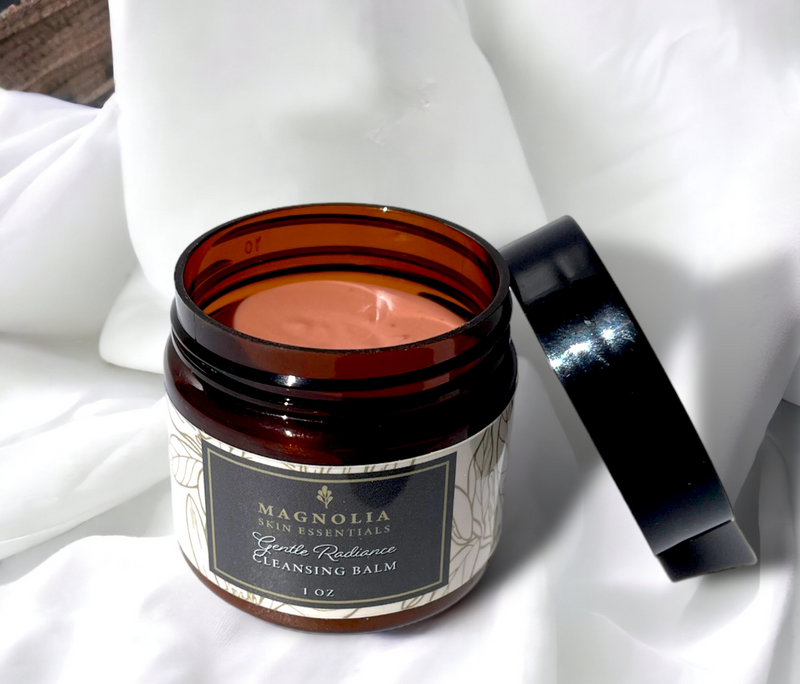Can you trust the company that created and sold you your skincare products?
Just because someone says something doesn't mean it's true, and there are many companies who are less than forthright about the ingredients in their skincare and cosmetic products. I don't know why they can't just be honest but the truth is this puts you, the consumer, at a great disadvantage. So, here are a few terms that you should know the truth about before you buy:
Hypoallergenic
Sadly, this is a trusted term by millions of consumers who want to avoid allergic reactions to products, but there is nothing substantive behind it. Read this from the FDA’s website:
“There are no Federal standards or definitions that govern the use of the term 'hypoallergenic.' The term means whatever a particular company wants it to mean. Manufacturers of cosmetics labeled as hypoallergenic are not required to submit substantiation of their hypoallergenicity claims to FDA.
The term ‘hypoallergenic’ may have considerable market value in promoting cosmetic products to consumers on a retail basis, but dermatologists say it has very little meaning.”
Ouch! Off the top of my head, I can think of at least a dozen big brands that use this term right now. So, beware if you see the claim, "Hypoallergenic" on the label of a skincare product or cosmetic product because there is no such standard.
So, what do you do when you have sensitive skin or are prone to allergic reactions? Your best defense is to know the names of ingredients that are likely to cause you problems. Here are some of the most common ingredients that have been linked to allergic reactions:
- parabens
- imidazolidinyl urea
- Quaternium-15
- DMDM hydantoin
- phenoxyethanol
- methylchloroisothiazolinone
- formaldehyde.
FDA Approved
Any brand that states their product has been approved by the FDA is flat out lying. Why? Simply because the FDA does not approve cosmetics or skincare products at all. Products that legally bear the title, "FDA Approved" are drugs. The FDA will designate which ingredients cannot be used in products, but as far as having some process of approval on an actual product, the answer is “no.” No such thing.
Read your labels carefully because some brands have been known to include this as part of their product embellishments to attract consumers who are concerned about product approvals. But the truth is revealed, again, directly from the FDA’s own website:
All-Natural
Finally, if you need any clarification on the widely marketed term that is mostly untrue and often abused, “all-natural”, please click here to read my previous blog post that will break it down for you.
At Magnolia Skin Essentials, we want you to know exactly what is in your handcrafted skincare products and will never mislead you with false claims. You can trust that our products are always free from formaldehyde (a known carcinogen), free from parabens, sulfates, and phthalates (endocrine disruptors), and other toxic chemicals.



